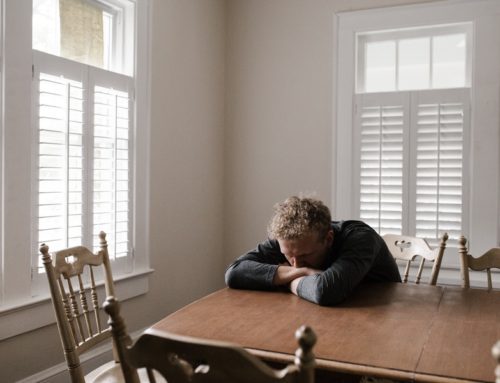We’ve all seen the movies and TV portray psychotherapists. Look at Analyze This, for example or Good Will Hunting and countless other instances. Psychotherapy, sometimes called “talk therapy” or simply therapy, is a means of helping people identify and change patterns of thought and behavior that harm their ability to lead a satisfying life[1]. The ways in which people habitually think and respond to life, including other people, may be maladaptive; that is, their ingrained habits don’t get them what they want or need from life. This condition leads to stress, anxiety, poor relationships with others and unhappiness. The goal of psychotherapy is to help people understand their feelings and behaviors more clearly and learn more adaptive ways to live.
Psychotherapy, in contrast to counseling, has a broad focus and is carried out over a longer period. Counseling often concerns a specific singular issue that can be treated within four to six visits, although the length of therapy is widely variable.
Who benefits from psychotherapy?
Psychotherapy helps people with a wide range of problems, for example:
- Deep and persist feelings of sadness, hopeless
- Difficulty concentrating
- Feeling helpless to change one’s life or persistent feelings of struggling in life without getting anywhere.
- Persistent worry and anxiety
- Feelings of being awkward and an inability to enjoy any social interaction
- Feeling overwhelmed by everyday problems
Styles and approaches in psychotherapy:
Cognitive Behavioral Therapy (CBT)
CBT Behavioral Therapy helps clients understand the ways in which their thinking affects their behavior and how changing their ways of thinking can bring about positive behavioral changes. The approach brings out what the client is doing that’s not working well for them, then examines the thoughts that support unhelpful behaviors. The goal of therapy is to learn new, adaptive ways of thinking and behaving that work for the client.
Interpersonal therapy
This approach focuses on interpersonal relationships. Depression and anxiety may evolve from a person’s inability to have satisfying relationships with others. Therapy can help a client develop skills for better communication with others.
Family therapy
Family therapy identifies and treats patterns of communication and behavior that keep families stuck in bad habits and poor relationships. Improving communication is a key.
Group therapy
Groups are formed with 5 to 10 people and one therapist who acts as a facilitator, not a lecturer.
People leave therapy when they and the therapist feel confident that new behaviors and thinking have replaced the old, maladaptive and unhelpful behaviors and thoughts. If you’re curious about getting help, contact your local Spokane healthcare professional. Reach out to Damaris through her contact page or calling 509-342-6592.
[1] https://www.psychiatry.org/patients-families/psychotherapy






